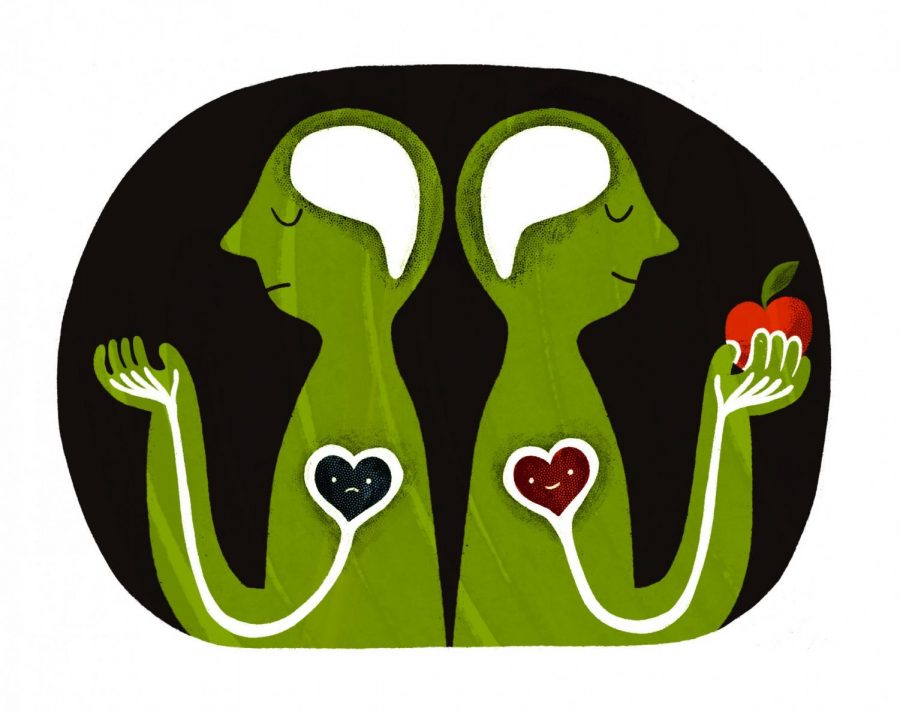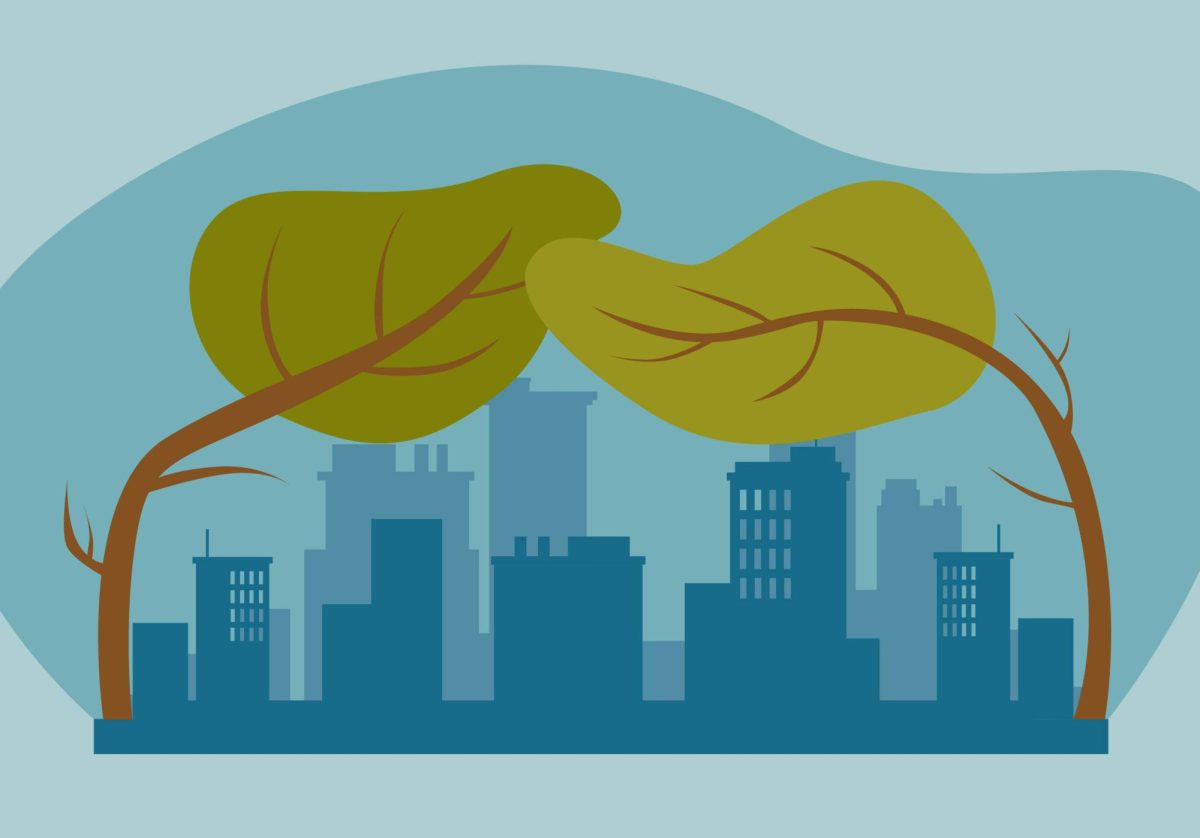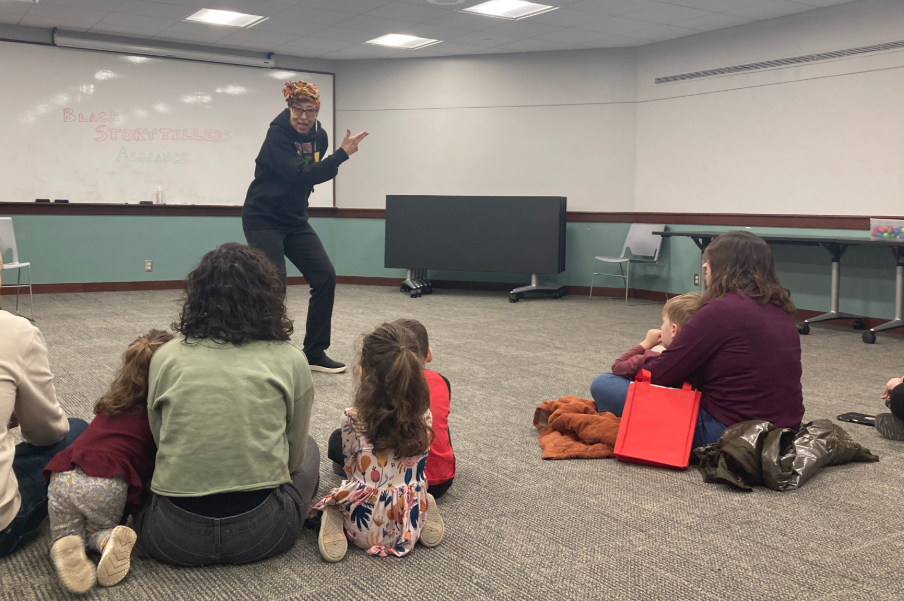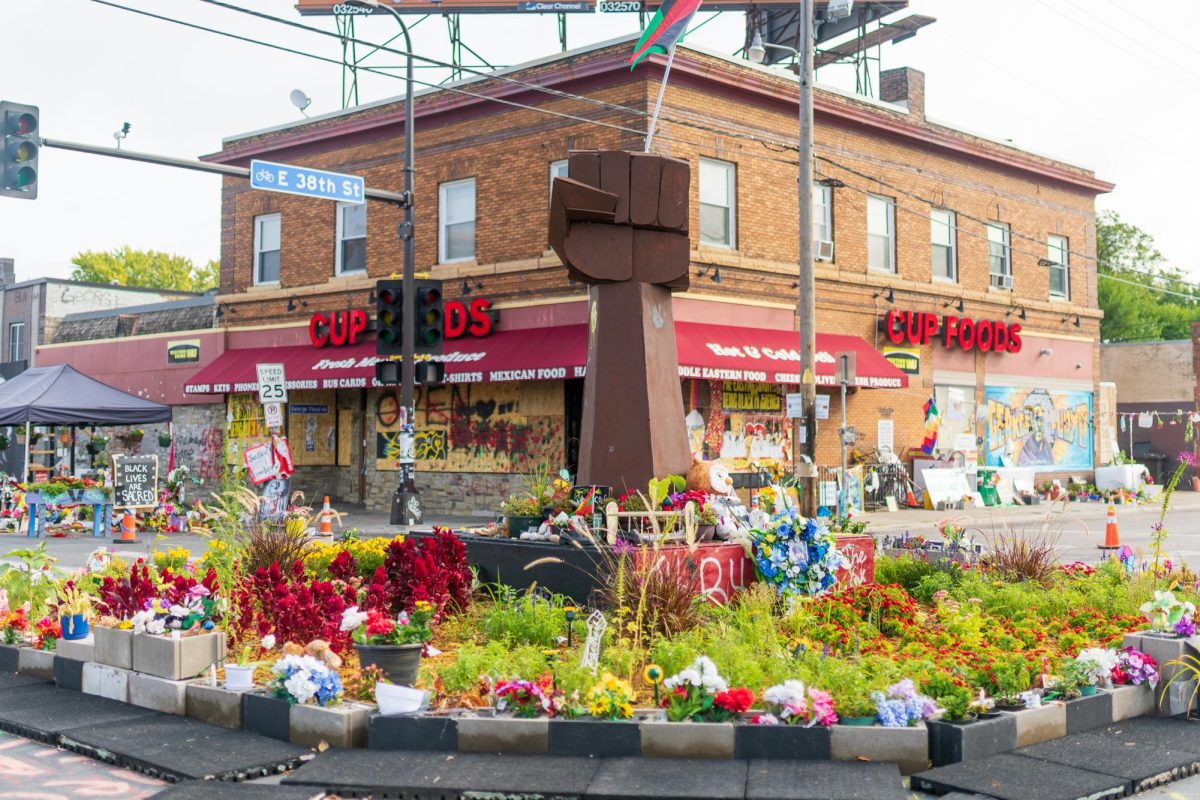University of Minnesota alum Nimo Yusuf delivers nutrition lessons to Somali participants in the University Extension’s SNAP Education using WhatsApp, a popular application among many U.S. immigrant communities.
SNAP Education offers nutrition courses and works with other organizations to reach communities that are eligible for SNAP benefits. SNAP, the Supplemental Nutrition Assistance Program, is a government program that provides financial assistance to families in need to purchase food.
Yusuf teaches program participants how to make healthier ingredient choices when planning meals and cooking recipes, such as using whole grain instead of white flour when making an East African bread dish called injera. Her other lessons include reading the different fat percentages in milk and how to save money when comparing prices across store outlets.
Instead of teaching her students how to use Zoom, Yusuf uses WhatsApp to formulate her lesson plans into bite-sized voice memos accompanied with pictures. WhatsApp allows users to send audio recordings, participate in group conversations with up to 256 people and host video calls in different countries.
For Yusuf, who has been using WhatsApp since 2010, the app is the most effective way to teach her classes virtually during the COVID-19 pandemic.
“I knew a lot of the Somali participants that I work with, including myself, are very familiar [with] WhatsApp,” Yusuf said. “When we switched from in-person, it was one of the platforms that I knew they were very familiar with, and it wouldn’t take a whole lot of time to train them or to know how to use.”
While she said she misses seeing her students’ faces in person, Yusuf’s adapted curriculum has received positive feedback.
“The feedback has been that they have learned a lot through WhatsApp and the curriculum that we have been providing. So far, it’s been very, very well received,” Yusuf said.
Janice Rasmussen, regional SNAP-Ed coordinator and Yusuf’s supervisor, said Yusuf’s work is vital during COVID-19 when communities of color, including immigrant communities, are disproportionately impacted by the virus.
“COVID has just heightened [health disparities]. … If you look at the public health numbers, like, African American and folks of African descent are dying way more often from COVID,” Rasmussen said. “I think some of it relates to just the stress that people live under and the discrimination they face every day and the poverty that they’re living with.”
Hibaq Dualeh, another SNAP educator, said COVID-19 has revealed persistent systemic health and social inequities. To Dualeh, it is an opportunity to learn and create resources and programs that can benefit communities of color.
“COVID has made it incredibly difficult for us to engage communities in person,” Dualeh said in an email to the Minnesota Daily. “As a result, we have free time that can be devoted to other areas. In the past year, we’ve had ample time to identify gaps and opportunities in the resources we provide to the communities we work with.”
Yusuf plans to resume teaching her lessons via WhatsApp in February with about 40 participants.
“We just want to make a difference in the community, and [the] kindness of the community … makes my day, and that makes me feel rewarded, even when you know the challenges are very real and there are a lot of barriers,” Yusuf said. “I’m glad to be a bridge that helps to bring … the University resources to the Somali community, to the communities that I work with.”



















